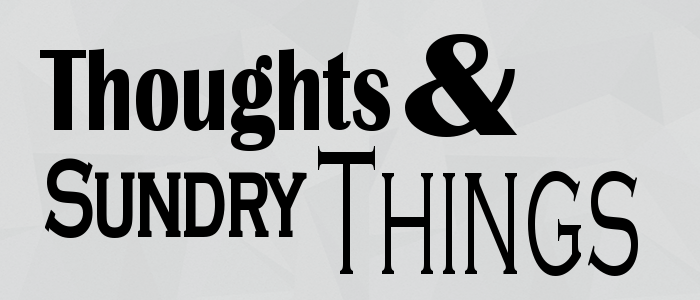I finally got around to watching the “The Rings of Akhaten,” the most recent episode of BBC’s Doctor Who. Overall, I thought it was entertaining and provided a compelling look into Clara’s past. Some reviewers characterize the episode as just ho-hum. I wouldn’t go that far. It wasn’t my favorite, but it was far from dull.
I particularly like how the episode considers the precariousness (indeed, the miraculousness) of ‘being.’ Clara keeps a leaf in her book, a momento from her parents’ meeting. Or rather, a momento from that time her father got distracted by a falling leaf and almost walked blindly into an oncoming vehicle, only to be saved by her future mother. This chance occurrence, this almost-tragedy, this one leaf, is supposedly responsible for the couple’s subsequent romance and Clara’s existence. Her father lays it out thusly,
Because this exact leaf had to grow in that exact way, in that exact place, so that precise wind could tear it from that precise branch and make it fly into this exact face at that exact moment. And, if just one of those tiny little things had never happened, I’d never have met ya. Which makes this leaf the most important leaf in human history.
Okay, so this a thoroughly romantic and poetic way of conceptualizing the vicissitudes of chance. The statement’s logic is also a bit suspect, though, like saying that the kicker won the football game for nailing a field goal, when, in actuality, the entire game prior to that moment put him in that position. A distracting leaf is just as important as any element, any decision, any earlier event that might alter a person’s fate. We’ve all probably seen Back to the Future, right? Don’t underestimate even the most banal daily occurrences in shaping history. But still, “the most important leaf in history” sounds better than, say, “the most important missed bus/nose bleed/case of hives/phone call from grandma in history.” These don’t quite have the same poignancy, do they?
The Doctor continues in a similar vein later in the episode when explaining to Mary – Queen of Years – why sacrificing herself to the ‘old god’ would be such an incredible tragedy. He lays out the long galactic lineage of each individual, with its bits and pieces of space stuff that came together and fell apart in an endless cycle, until they inexplicably came to make up each of us, in our own way:
Hey, do you mind if I tell you a story, one you might not have heard? All the elements in your body were forged many, many millions of years ago in the heart of a faraway star that exploded and died. That explosion scattered those elements across the destinations of deep space; after so, so many years, these elements came together to form new stars and new planets, and on and on it went. The elements came together and burst apart, forming shoes and ships and sealing wax and cabbages and kings, until eventually they came together to make you. You are unique in the universe. There is only one Mary Gelelh, and there will never be another. Getting rid of that existence isn’t a sacrifice, it is a waste.
This notion is hardly new. Carl Sagan famously explained that “[w]e are made of starstuff,” that “[e]very one of us is, in the cosmic perspective, precious.” It just sounds so wonderful coming from the Doctor, with a nod to Lewis Carroll to boot! The statement underpins his deep love and respect for all life, no matter the time, planet, species, or what have you. This quality represents one reason why Doctor Who (and many science fiction shows) is so important to our current cultural or sociological context. Christopher Eccleston (i. e. Nine) handily sums up this characteristic:
The Doctor’s message seems to be “accept life in all its forms.” He doesn’t react with horror when he sees a blue, three-headed monster. He reacts with wonder, and I think that’s a very important message to send out to children.
Shoot, I’d argue that many, many adults need to hear this message as well. Human diversity represents the range of our beauty, the breadth of our potential. Yet, we live in such a polarized, fearful society, where difference represents something dangerous, perverted, or suspect. That Doctor Who consistently pushes back against such fear and bigotry represents just another element of what makes it so wonderful and so timely.
Looking forward to what the next episode (“Cold War”) brings our way!
